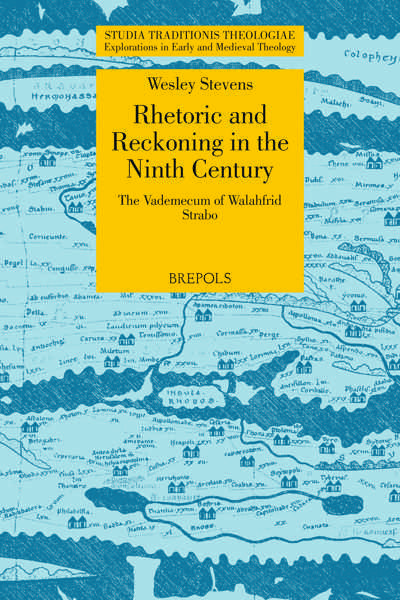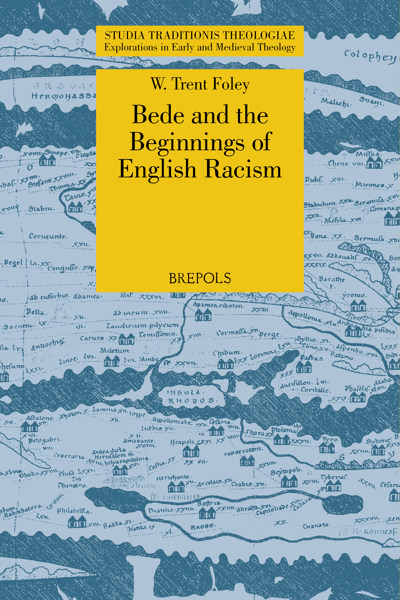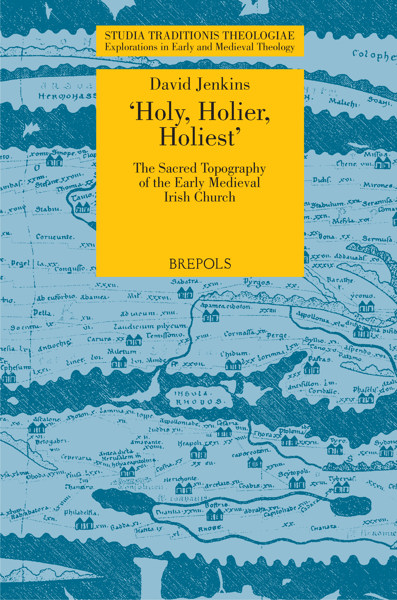
The Christology of Theodore of Tarsus
The Laterculus Malalianus and the Person and Work of Christ
James Siemens
- Pages: 211 p.
- Size:156 x 234 mm
- Language(s):English
- Publication Year:2010
- € 70,00 EXCL. VAT RETAIL PRICE
- ISBN: 978-2-503-53385-8
- Paperback
- Available
- € 70,00 EXCL. VAT RETAIL PRICE
- ISBN: 978-2-503-55955-1
- E-book
- Available
"This study should be commended for seriously investigating the theology of a fascinating, if perplexing text; its suggestions for further research in the final two chapters will be of interest to scholars of the Insular world. Nevertheless, much more work is required before we can confidently assert that the Laterculus Malalianus give us access to the theology of Theodore of Tarsus, or that Theodore himself gave Anglo-Saxon England access to all the intellectual riches of the East." (Conor O'Brien, in Peritia 26, 2015, p. 282-283)
The volume represents a contribution to our understanding of the early medieval theological project in Britain, the transmission of eastern Mediterranean thought in the early medieval West and, ultimately, of the work of Theodore of Tarsus.
James Siemens continues to research theological questions arising from the encounter between the Greek and Semitic East and Latin West through the late antique and early medieval periods. He is an honorary research fellow at Cardiff University, and director of the nascent Theotokos Institute for Catholic Studies.




